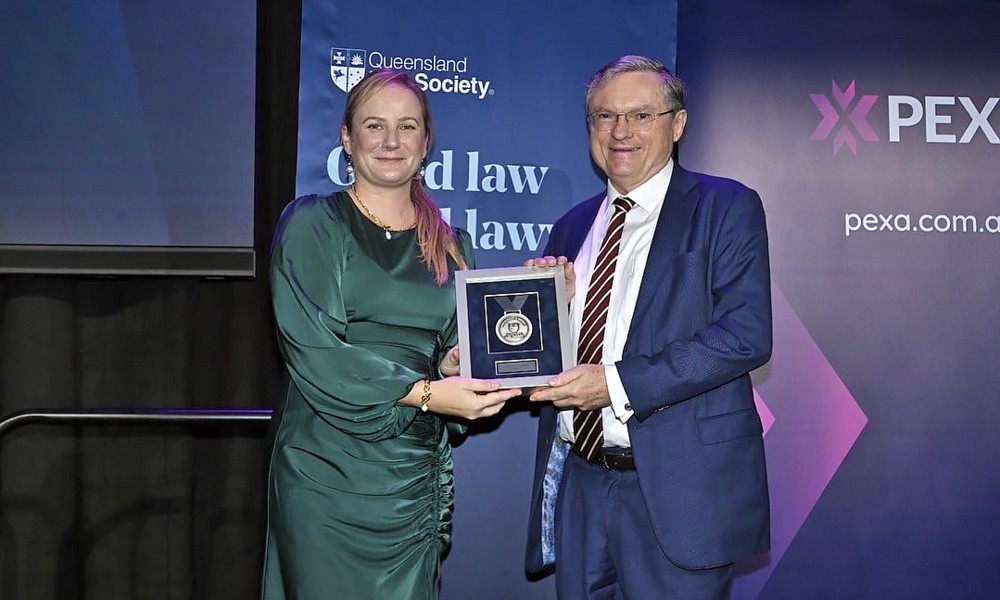This content has been archived. It may no longer be relevant
The Legal Services Award 2020 (the award) regulates the employment relationship for those employees falling within the coverage and classifications of the award.
Part 2 of the award (clauses 8 to 11) deals with the types of employment possible under the award. Employees must be informed of their terms of engagement, including their award classification and whether they are employed on a full-time, part-time or casual basis, at or before the time of their engagement.
It is advisable that a written employment agreement is provided to a new employee at least a week or two before employment starts. This will help to ensure that new employees are well aware of their basic terms of employment and also give them the opportunity to raise any queries before they start work.
Under the award, a full-time employee is engaged to work 38 ordinary hours per week and anyone not specifically engaged as a part-time or casual employee will be a full-time employee.
It is important to remember that the award must be read in conjunction with the requirements of the Fair Work Act 2009 (Cth). In this regard, the National Employment Standards (the NES) provide that an employer must not request or require a full time employee to work more than 38 hours per week unless the additional hours are reasonable. An employee may refuse to work unreasonable additional hours and the NES contains a list of factors to be considered in deciding whether additional hours are reasonable.
Both full-time and part-time work are indefinite forms of employment. The defining feature of part-time employment is that the employee works less than 38 hours per week. Otherwise, the part-time employee receives the same pay and conditions as a full-time employee on a pro rata basis.
Before starting employment, there must be agreement in writing with a part-time employee about a regular pattern of work, specifying at least:
- the number of hours to be worked each day
- the regular days of work
- the starting and finishing times on each day
- the employee’s applicable award classification.
A part-time employee cannot be employed for less than three hours per day and any time worked outside the agreed days, hours and times is regarded as overtime.
Casual employment, on the other hand, is by nature uncertain and each engagement forms a separate period of employment. It should not be considered a means of avoiding the obligations of indefinite employment.
In recognition of the inherent insecurity of casual employment (and their ineligibility for paid leave entitlements), casual employees receive a 25% loading on the applicable minimum award payment rate. The award provides that a casual employee cannot be employed for less than four hours per occasion.
A casual employee can request conversion to permanent employment after 12 months work where they could continue their pattern of hours as a permanent employee without significant adjustment. Employers are required to provide casual employees with a copy of the relevant award provision (clause 11.4) within the first 12 months of work. It is the casual employee’s choice whether to make a conversion request and, if accepted by the employer, the employee will lose their casual loading but will gain the benefit of paid leave entitlements.
A conversion request must be made in writing and can only be refused by the employer where there are reasonable grounds, based on known or reasonably foreseeable facts, and only after consultation with the employee. The award provides that reasonable grounds for refusal include that:
- the employee’s hours of work are not regular enough to be translated into permanent employment
- the employee’s job is going to or is likely to cease or the hours of work will be significantly reduced within the next 12 months
- it is likely that the days and/or times of work will change in the next 12 months and those changes cannot be accommodated by the employee.
Reasons in writing must be given by the employer for any refusal of a request for conversion, within 21 days of the request being made.
Having converted to permanent employment, an employee can only revert to casual employment by agreement. Casual employees must not have their hours ended, reduced or varied in order to avoid their casual conversion obligations. However, employers are not required to increase the hours of a regular casual employee on conversion.
Whilst the award sets out the legal parameters of casual conversion requests, a personal approach is of course advisable and discussions should be held with an employee before any refusal is given. A refusal may be able to be challenged, including by use of the award dispute resolution clause, so it is important that award requirements are complied with.
Rob Stevenson is the Principal of Australian Workplace Lawyers and a QLS Senior Counsellor. Email rob.stevenson@workplace-lawyers.com.au.













Share this article